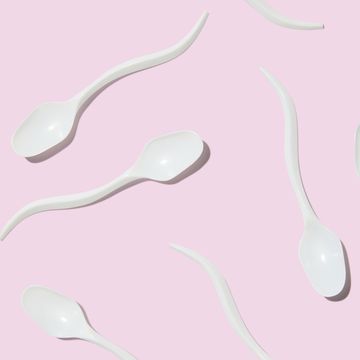For many UK workers, it no longer feels unusual to pack up at 8pm rather than 5pm – even though that means toiling at the desk for up to 15 extra hours per week. This can sabotage your metabolism by increasing your insulin resistance. Those who sit for extended periods have double the risk of developing diabetes. If you really can’t get away, do a lap of the office every 30 minutes.
Food for Thought
Leave the office late and dinner will be late, too. Mice studies suggest that this can disrupt circadian rhythms and lead to weight gain, but your extra kilos are more likely the result of poor food choices, caused by convenience and hunger. You’ve already packed your lunch, so make another portion for dinner. Eating al-desko meals in succession may be bleak, but it’ll help you resist Deliveroo.
Rhythm Sticks
Allowing work to eat into your evening makes it harder to switch off at bedtime. A recent study found that the circadian irregularities triggered by four nights of reduced sleep were significant enough to cause spikes in your heart disease and stroke risks. Thankfully, separate research found that an hour’s nap in front of Songs of Praise on Sunday afternoon will offset the harm. Hallelujah.
Antisocial Behaviour
When working late turns from a necessary evil into a habit, your social life will suffer as you swap post-work events for PowerPoint presentations. Social isolation can lead to depression. The cure lies in switching off your laptop and tapping into your WhatsApp groups to arrange a midweek drink with friends – it’s a scientifically proven salve for your mental health woes.
Hit Reset
If you still think late hours are worth it to climb the greasy pole of your career, think again. Full-time UK workers toil for among the longest hours in Europe, but their economic output is far below average. Meanwhile, workers in Luxembourg put in just 29 hours per week, yet top the international productivity table. So reset your work/life balance: less may well be more.
5 ways working late is bad for your health
- Sitting for extended periods doubles your risk of developing diabetes
- Leads to poor food choices
- Makes it harder to switch off at bed time
- Can cause social isolation, which can lead to depression
- Doesn't necessarily lead to increased productivity
Like this article? Sign up to our newsletter to get more articles like this delivered straight to your inbox.













